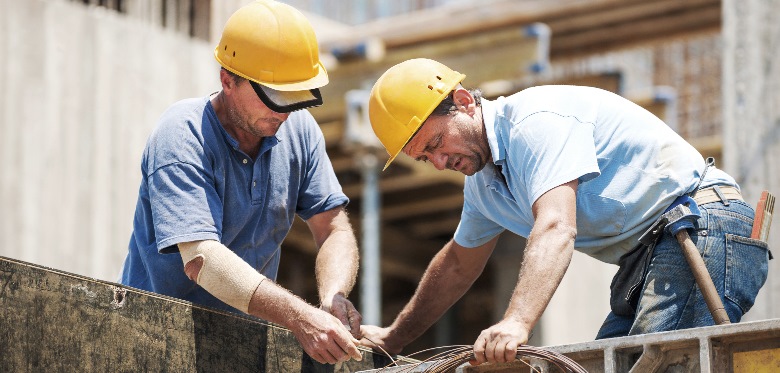The number of social housing developments in England receiving planning permission has increased according to a recent report.
The total figure for English social home planning approvals in Q1 2015 was 5,800 – a seven per cent increase on the same period in 2014 - as reported in the Housing Market Report March 2016 by the Home Builders Federation (HBF) and sector analyst Glenigan. By Q3 2015, permissions granted had increased by 22% compared to the previous quarter and were 19% higher year-on-year. This growth was attributed to a number of large projects which boosted the average number of housing units per project to 43 versus 27 units in Q2.
However, planning permission granted in Wales and Scotland decreased by 21% and 43% respectively, bringing the overall number across the three countries down by three per cent. The HBF – which represents house builders in England and Wales – suggested cause for optimism, highlighting the ongoing recovery in the quantity of social housing approvals - despite the comparatively small overall drop.
The federation, , also welcomed potential improvements from government proposals to introduce competition into the planning process and ‘fast-track’ approvals. It said that incentivising councils to give their planning departments adequate capacity to properly deal with an increased volume of applications would play a significant role in speeding up the process.
The HBF added that efficient planning is the best way to ensure local people have an early say in the future shape of their communities and are able to benefit from the wealth of social and economic benefits that house building brings with it.
Meanwhile, as reported in The Guardian, government ministers are criticising house builders for allegedly not building new homes quickly enough. The report goes on to say that the Government is considering new measures to increase the rate of housing development in order to reach the target of one million new homes by 2020. These could include impelling developers that buy publicly-owned land to sign up to a rapid construction process.
Stewart Baseley, Executive Chairman of the HBF, said: “The house building industry has delivered an unprecedented increase in build rates over the past two years. The industry’s ability to increase output still further will largely be dictated by the rate at which planning permissions are granted.
“Whilst the overall increase in outline permissions is welcome, most of these still have to navigate the complexities of the planning system before they can be built. It is imperative we speed up the time it takes for applications to be processed to the point that builders can actually build if we are to deliver further increases in housing supply.
“Introducing competition into the planning process and finding a way to incentivise local authorities to deal with applications more quickly would be a welcome step in the right direction.”
However, another recently-published survey conducted among local government by the Town and Country Planning Association and the Association for Public Sector Excellence, revealed that councils’ plans for new social housing have been hit by Government plans to reduce social rents by one per cent for the next four years. Three in five councils said their need for affordable housing was severe, while 89% cite the extension of Right to Buy as reducing homes available for social rent.




Comments